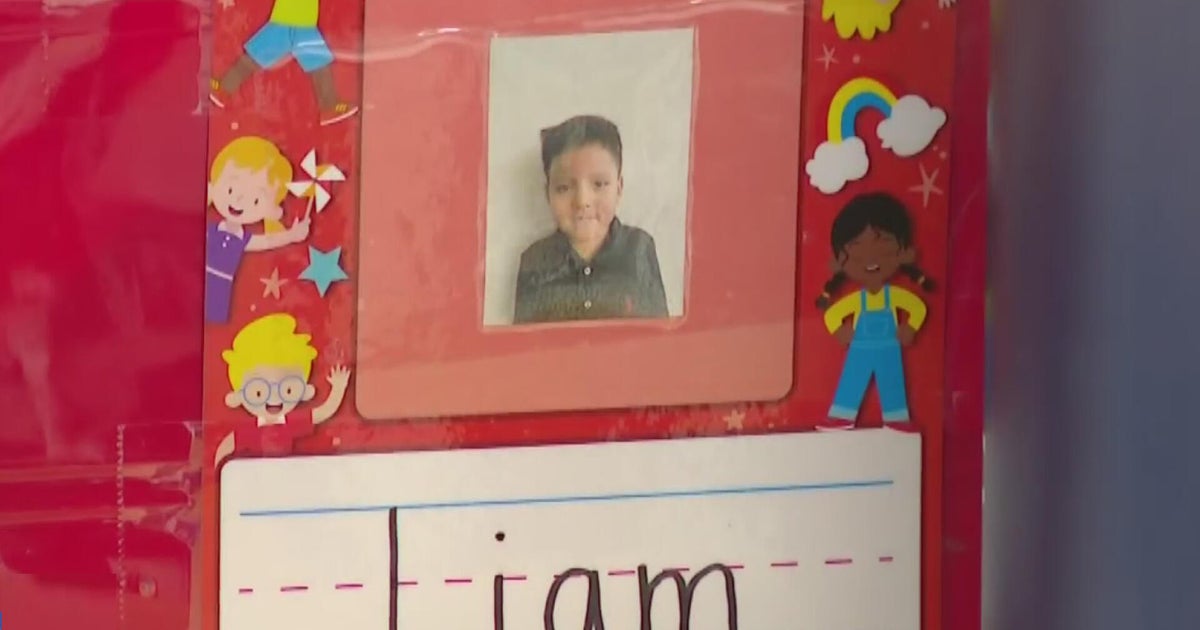Black History Month: Crown Heights, Brooklyn Was Once The Thriving Cultural Hub Weeksville
NEW YORK (CBSNewYork) -- It's now known as Crown Heights, Brooklyn, but more than 180 years ago Weeksville was a thriving community of free black people, one of America's first.
CBSN New York's Mary Calvi recently took a deep dive into the cultural center that is keeping its memory alive.
"Coming over here, just listening to the birds, that hasn't changed since the 1800s," Vivian Millicent Warfield said.
Luckily for Warfield, neither have the homes at the Weeksville Heritage Center. The historic Brooklyn site is practically frozen in time.
"I really feel like it's home away from home," Warfield said.
That's because she's a descendant of what was once known as Weeksville. Her great-grandfather, Sidney Strangor Painter, lived in the community. She told CBSN New York she's fortunate to know so much about her family history.
"It's very emotional, because this is where I feel the past," Warfield said.
Her great-grandfather spent years in the town. In 1893, he even bought a home on Marion Street, a half mile from the center.
CONTINUING COVERAGE: Black History Month
For Warfield, the center means nostalgia. For the rest of the community, it's important history.
"It's keeping history alive. I don't know what we would do without it," said Matthew Whitmire of Crown Heights.
"It is the pillar of the community. Everyone goes through there," resident Charles Collins added.
MORE: Take The Black History Month Quiz
The cultural center is in modern day Crown Heights, but it's dedicated to the preservation of one of America's first and largest free black communities.
"By 1850, there were about 500 people living here," said Rob Fields, president and executive director of the Weeksville Heritage Center.
At the time, Weeksville was a secluded space that encouraged civic engagement.
"It's a great example of what can be done in community," Fields said. "It allowed the black folks who lived here, to thrive, to achieve educational attainment and participate to the best extent they could in the American dream."
It established schools, nursing homes, and three churches that still exist today, including Berean Baptist Church. It also founded a newspaper, that taught formally enslaved people to read.
"There were stories of triumph, of community building, of institution building that black people prospered," Fields said.
The town was also home to some of the state's first -- the first black female doctor and first black female principal. But by the 1930s, gentrification began to happen and Weeksville was absorbed into a changing Brooklyn.
"By 1898, one Brooklyn happens and so it's no longer individual towns. It's all Brooklyn. Brooklyn unifies," Fields said.
Leaving only a small stretch behind, for descendants to quite literally walk in their ancestors footsteps, and the community to see what could happen when people work hard and together.
Weeksville is open Tuesday through Friday, but during Black History Month it's open on Saturdays as well. For more information about the center, please click here.








